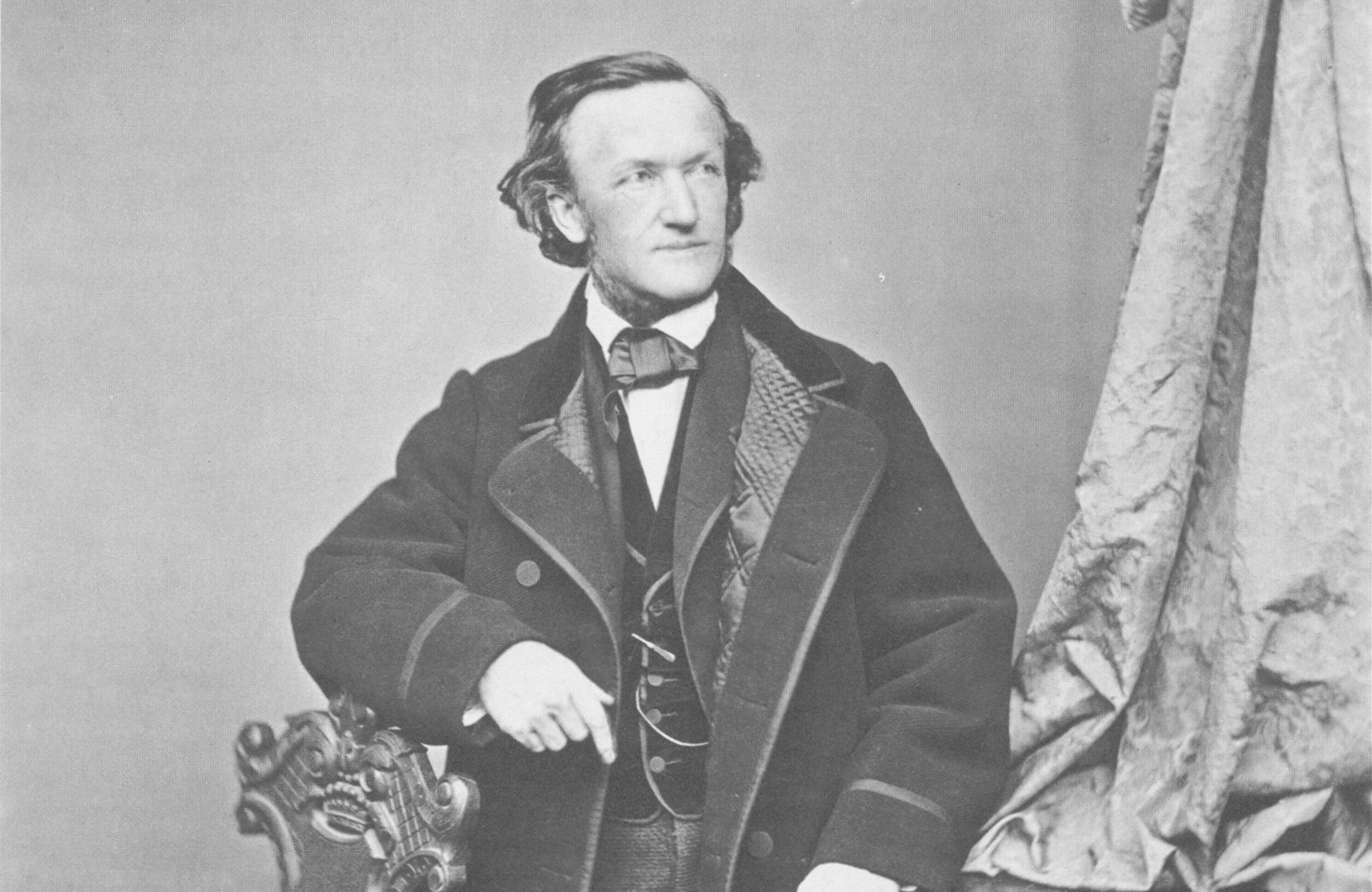As this year’s Opera In Concert approaches, Richard Betts speaks with Wagner Society of New Zealand president Professor Terence Dennis about why Wagner was a great composer, where Tristan und Isolde sits in the composer’s oeuvre, and how to approach good music by a bad man.
Phil News has caught Terence Dennis at an opportune time. Dennis, who is Professor of Music at the University of Otago, is in the middle of a U3A lecture series about Richard Wagner, both man and music. Since 2019, he has also been President of the Wagner Society of New Zealand - who better to quiz ahead of the orchestra’s forthcoming performance of Tristan und Isolde?
Richard Betts: To the uninitiated, a Wagner opera can be daunting: for the length, for the stentorian singing, maybe winged helmets. What advice do you give someone who wants to dip their toe in?
Terence Dennis: His operas are long, yes, but Wagner lovers like that because they can listen over and over and always hear new sounds or concepts. It’s not all noise and thunder. Much of it’s in chamber music textures, beautiful orchestral colours, the instruments and voices interweave. I’d forget about the winged helmets, which you’re not going to get in Tristan. I would say that the emotional quality of the music speaks across the decades, and I think that is timeless. From Wagner’s day, most people when they heard it recognised that here was something of great integrity, and emotional and psychological richness. If you’ve never heard Wagner before, go with an open mind. He’s not a composer who takes prisoners, in the sense that if you don’t want to be taken by the music you won’t like Wagner, because Wagner demands that. It’s not a passive listen, it’s a full-intensity listen. If you’ve never heard anything from Tristan, which is one of the most powerful pieces of music ever written, and very influential, have a listen to the Prelude. That will tell you the intensity of the music that will go on for the next while. A little bit of exploration might help, put it that way. But the original audiences never had that, of course.
RB: You said that Wagner demands. But he also gives, which you can see in the way he inspires true devotion. For fans, what makes Wagner great?
TD: I think it’s the power of the music and the great command he has. Nothing much happens on the stage and of all the operas, Tristan is particularly like that, so it’s an emotional connection. If things do happen on the stage, it’s generally pretty dramatic, and any dramatic action is marvellously controlled in the music. I think people feel that. He transformed the established idea of opera into long stretches of symphonic fabric in which the character motives, thoughts or a facet of the drama could be illustrated by the use of musical themes. He could do a lot psychologically because although the protagonists on the stage may say something, the orchestra may tell us something else that gives us a new layer. I think it’s that layer that’s so fascinating. And he’s able to weld these together into very long works using a combination of these themes that are constantly in change as the motivations of the characters and the plot develop. He said that music was the art of transition, not just getting an idea but how you develop it, and of course he’s a great master at that. He wrote his own words, too, so he was able to achieve a synthesis between the text and the drama as he wanted it.
